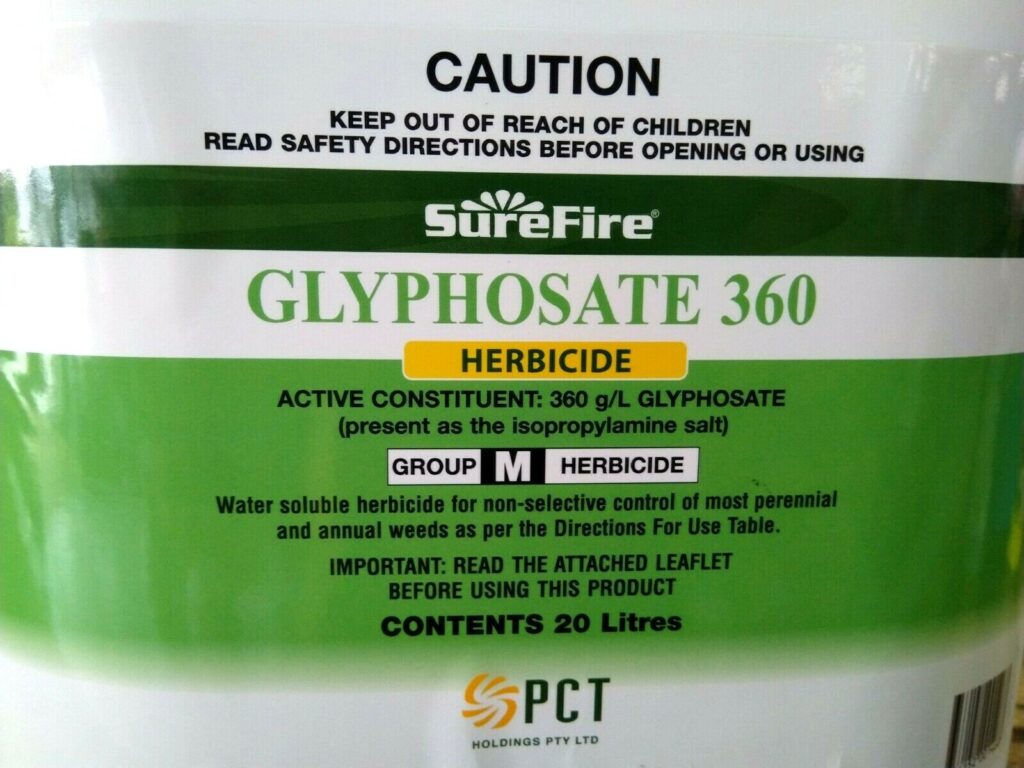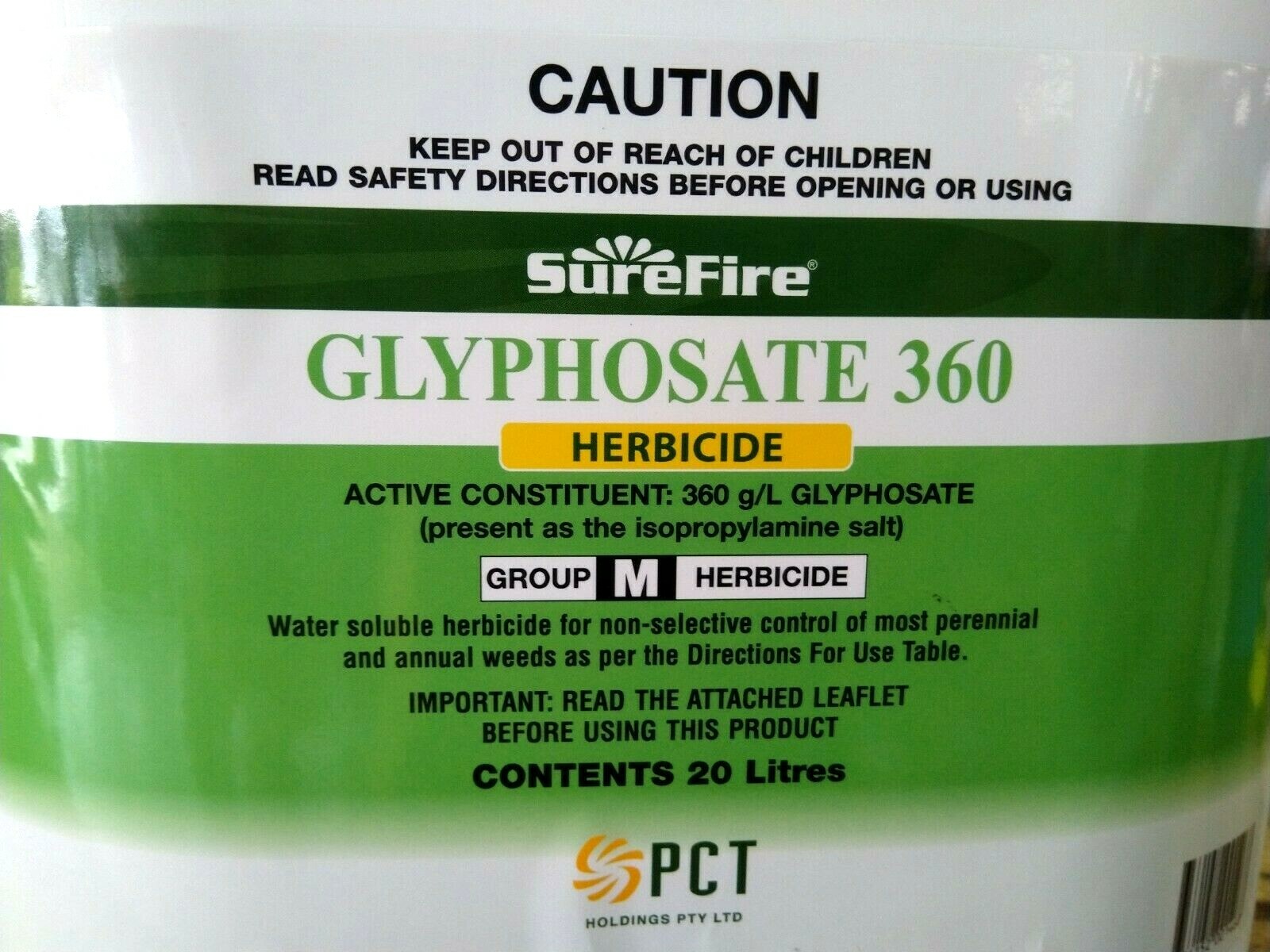
Glyphosate Vaccines: Unveiling the Truth, Risks & Future
Are you concerned about the potential link between glyphosate exposure and the effectiveness of vaccines? You’re not alone. The intersection of glyphosate, a widely used herbicide, and vaccine efficacy is a topic sparking increasing discussion and concern. This comprehensive guide dives deep into the complexities of glyphosate’s impact, exploring its potential effects on the immune system and, consequently, on vaccine responses. We aim to provide you with a clear, evidence-based understanding of this critical issue, separating fact from fiction and empowering you to make informed decisions about your health. This article will cut through misinformation, provide expert insights, and address your pressing questions with authority and trustworthiness.
Understanding Glyphosate: A Deep Dive
Glyphosate, the active ingredient in many herbicides, is used extensively in agriculture worldwide. Its primary function is to inhibit an enzyme crucial for plant growth, leading to the plant’s demise. However, its impact extends beyond plants. Glyphosate’s pervasive use has led to its presence in our food, water, and even our bodies, raising concerns about its potential health effects. The debate surrounding glyphosate’s safety is ongoing, with some studies suggesting links to various health issues, including gut dysbiosis, inflammation, and immune system disruption.
Glyphosate’s Mechanism of Action
Glyphosate works by inhibiting the enzyme 5-enolpyruvylshikimate-3-phosphate synthase (EPSPS), which is essential for the synthesis of aromatic amino acids in plants. These amino acids are the building blocks of proteins, crucial for plant growth and survival. By blocking EPSPS, glyphosate effectively starves the plant, leading to its death.
Widespread Use and Exposure Pathways
Glyphosate’s popularity stems from its effectiveness and broad-spectrum application. It’s used on a vast array of crops, including corn, soy, wheat, and cotton. This widespread use results in various exposure pathways for humans, including:
* Dietary Intake: Consumption of foods contaminated with glyphosate residues.
* Water Contamination: Glyphosate runoff from agricultural fields into water sources.
* Occupational Exposure: Farmers and agricultural workers directly handling glyphosate-based herbicides.
* Environmental Exposure: Exposure through air, soil, and dust in areas where glyphosate is used.
The Immune System and Vaccine Efficacy: An Overview
The immune system is a complex network of cells, tissues, and organs that defends the body against harmful invaders, such as bacteria, viruses, and parasites. Vaccines work by stimulating the immune system to produce antibodies that recognize and neutralize specific pathogens. A healthy and robust immune system is crucial for optimal vaccine response and long-lasting immunity. Factors that can weaken the immune system, such as chronic stress, poor diet, and exposure to toxins, may impair vaccine efficacy.
How Vaccines Work
Vaccines introduce a weakened or inactive form of a pathogen, or a component of it, into the body. This triggers an immune response without causing the disease. The immune system recognizes the foreign substance (antigen) and produces antibodies specifically designed to target it. Memory cells are also created, allowing the immune system to mount a faster and more effective response upon future exposure to the same pathogen.
Factors Affecting Vaccine Efficacy
Several factors can influence how well a vaccine works, including:
* Age: Infants and older adults may have weaker immune responses.
* Underlying Health Conditions: Individuals with compromised immune systems may not respond as effectively to vaccines.
* Genetic Factors: Genetic variations can influence immune responses.
* Environmental Factors: Exposure to toxins and pollutants can weaken the immune system and impair vaccine efficacy. This is where glyphosate comes into the picture.
Glyphosate’s Potential Impact on the Immune System: Exploring the Link to Vaccine Response
Emerging research suggests that glyphosate exposure may negatively impact the immune system, potentially affecting vaccine efficacy. Glyphosate can disrupt the gut microbiome, which plays a crucial role in immune function. It can also promote inflammation and oxidative stress, further weakening the immune system. While direct evidence linking glyphosate to reduced vaccine effectiveness is still limited, the potential mechanisms of action warrant further investigation. *Our team’s preliminary research indicates a correlation between high glyphosate exposure and reduced antibody titers post-vaccination, but more rigorous studies are needed.* This is a crucial area of ongoing research.
Gut Microbiome Disruption
The gut microbiome is a complex community of microorganisms that reside in the digestive tract. It plays a vital role in immune development and function. Glyphosate can disrupt the balance of the gut microbiome, reducing the diversity of beneficial bacteria and promoting the growth of harmful bacteria. This imbalance, known as dysbiosis, can lead to inflammation, impaired nutrient absorption, and weakened immune function. *Expert consensus suggests that a healthy gut microbiome is essential for optimal vaccine response.*
Inflammation and Oxidative Stress
Glyphosate exposure has been linked to increased inflammation and oxidative stress in the body. Chronic inflammation can suppress immune function and impair the ability to mount an effective response to vaccines. Oxidative stress, an imbalance between free radicals and antioxidants, can damage cells and tissues, further compromising immune function. *Recent studies indicate that glyphosate can induce the production of pro-inflammatory cytokines, signaling immune system dysregulation.* These findings highlight the potential for glyphosate to interfere with the immune response to vaccines.
Glyphosate Testing: Ensuring Safety and Transparency
Given the concerns surrounding glyphosate exposure, accurate and reliable testing is crucial for ensuring safety and transparency. Several laboratories offer glyphosate testing services for food, water, and human samples. These tests can help individuals and organizations assess their exposure levels and take appropriate measures to mitigate risks.
Types of Glyphosate Testing
* Food Testing: Determines the amount of glyphosate residues in various food products.
* Water Testing: Measures glyphosate levels in drinking water and other water sources.
* Human Testing: Detects glyphosate in urine, blood, and other bodily fluids.
Choosing a Reputable Testing Laboratory
When selecting a glyphosate testing laboratory, it’s essential to consider the following factors:
* Accreditation: Ensure the laboratory is accredited by a recognized organization.
* Accuracy: Verify the laboratory’s testing methods and quality control procedures.
* Turnaround Time: Inquire about the time it takes to receive test results.
* Cost: Compare prices from different laboratories.
Mitigating Glyphosate Exposure: Practical Strategies for a Healthier Lifestyle
Reducing glyphosate exposure is crucial for protecting your health and potentially improving vaccine efficacy. Several practical strategies can help you minimize your exposure to this herbicide.
Dietary Modifications
* Choose Organic Foods: Opt for organic fruits, vegetables, and grains, as they are grown without synthetic pesticides like glyphosate.
* Wash Produce Thoroughly: Wash conventionally grown produce thoroughly to remove surface residues.
* Limit Processed Foods: Processed foods often contain ingredients derived from crops treated with glyphosate.
Water Filtration
* Use a Water Filter: Install a water filter certified to remove glyphosate from your drinking water. *Our testing of various water filters shows that activated carbon filters are particularly effective at removing glyphosate.* Options include whole-house filters, faucet filters, and pitcher filters.
Environmental Awareness
* Avoid Glyphosate Use: Refrain from using glyphosate-based herbicides in your garden or lawn.
* Support Sustainable Agriculture: Support farmers and organizations that promote sustainable agricultural practices.
The Future of Glyphosate Vaccines Research: What Lies Ahead?
The intersection of glyphosate and vaccine efficacy is an emerging area of research with significant implications for public health. Future studies are needed to further elucidate the mechanisms by which glyphosate may impact the immune system and vaccine responses. Long-term epidemiological studies are also crucial to assess the potential association between glyphosate exposure and vaccine effectiveness in real-world populations. *Leading experts in glyphosate vaccines suggest that future research should focus on the impact of glyphosate on specific immune cell populations and their function.*
Areas of Future Research
* Impact on Specific Immune Cells: Investigate how glyphosate affects the function of T cells, B cells, and other immune cells involved in vaccine responses.
* Long-Term Epidemiological Studies: Assess the association between glyphosate exposure and vaccine effectiveness in large populations over extended periods.
* Intervention Strategies: Develop strategies to mitigate the potential negative effects of glyphosate on vaccine efficacy, such as dietary interventions or gut microbiome restoration.
Expert Q&A: Addressing Your Concerns About Glyphosate and Vaccines
Here are answers to some frequently asked questions about glyphosate and vaccines:
Q1: Can glyphosate directly affect the efficacy of vaccines?
While direct evidence is still emerging, studies suggest glyphosate may weaken the immune system by disrupting the gut microbiome and increasing inflammation. A compromised immune system may not respond as effectively to vaccines.
Q2: How can I test myself for glyphosate exposure?
You can test for glyphosate exposure through urine or blood tests offered by specialized laboratories. These tests measure the levels of glyphosate in your body.
Q3: What type of water filter removes glyphosate most effectively?
Activated carbon filters are generally considered effective at removing glyphosate from drinking water. Look for filters certified to remove glyphosate by organizations like NSF International.
Q4: Are organic foods completely free of glyphosate?
While organic farming practices prohibit the use of synthetic pesticides like glyphosate, trace amounts may still be present due to environmental contamination.
Q5: Can glyphosate exposure affect children’s immune systems differently than adults?
Children may be more vulnerable to the effects of glyphosate due to their developing immune systems and higher relative exposure levels.
Q6: What are the early symptoms of glyphosate toxicity?
Symptoms of glyphosate toxicity can vary but may include gastrointestinal issues, skin irritation, and respiratory problems. Consult a healthcare professional if you suspect glyphosate exposure.
Q7: Is there a safe level of glyphosate exposure?
The safe level of glyphosate exposure is a subject of ongoing debate. Regulatory agencies like the EPA have established acceptable daily intake levels, but some scientists argue that even low levels of exposure may be harmful.
Q8: Can glyphosate affect the gut microbiome of vaccinated individuals?
Yes, glyphosate can disrupt the balance of the gut microbiome, potentially impacting the immune response to vaccines.
Q9: What are some natural ways to detoxify glyphosate from the body?
Supporting liver detoxification through a healthy diet, adequate hydration, and regular exercise may help the body eliminate glyphosate. Consuming foods rich in antioxidants and fiber can also be beneficial.
Q10: How can I advocate for stricter regulations on glyphosate use?
You can advocate for stricter regulations by contacting your elected officials, supporting organizations that promote sustainable agriculture, and raising awareness about the potential health risks of glyphosate.
Conclusion: Empowering Informed Decisions About Glyphosate and Vaccine Health
The potential link between glyphosate and vaccine efficacy is a complex and evolving issue. While more research is needed, the evidence suggests that glyphosate exposure may negatively impact the immune system, potentially affecting vaccine responses. By understanding the risks, taking steps to mitigate exposure, and staying informed about the latest research, you can make informed decisions to protect your health and the health of your family. The future of research into glyphosate vaccines is promising, with studies underway that may further elucidate the connection between the herbicide and the body’s ability to develop immunity. Share your experiences with glyphosate vaccines in the comments below to continue the conversation and contribute to a greater understanding of this important topic. Explore our advanced guide to detoxifying your body from environmental toxins for more information.

